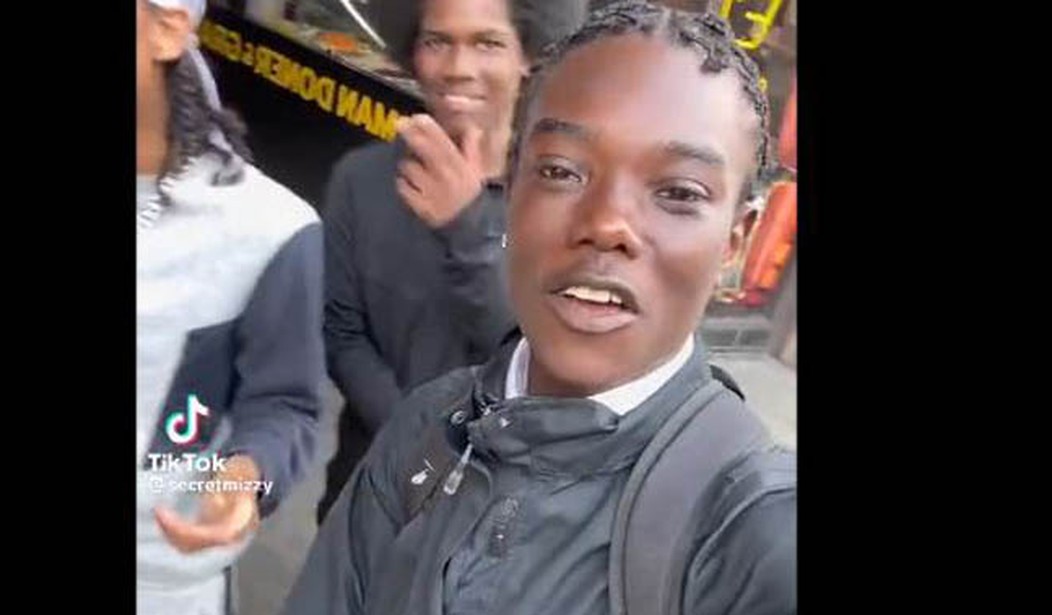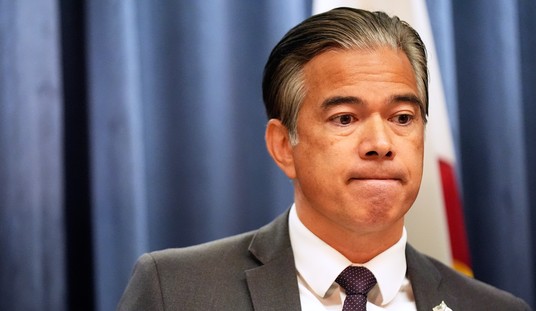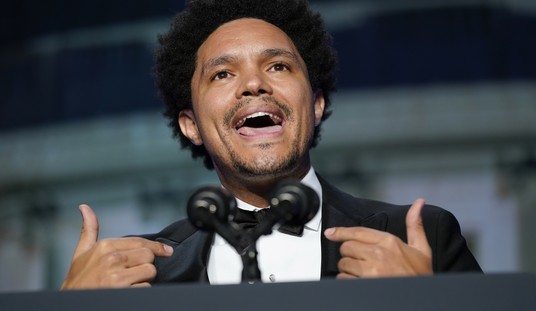The Surgeon General, Dr. Vivek H. Murthy, has just issued an advisory about a possible connection between a recent decline in teen mental health and social media. The report does not say that social media is all bad or that it’s bad for all kids. In fact, it starts by saying there are some benefits.
Social media can provide benefits for some youth by providing positive community and connection with others who share identities, abilities, and interests. It can provide access to important information and create a space for self-expression. The ability to form and maintain friendships online and develop social connections are among the positive effects of social media use for youth. These relationships can afford opportunities to have positive interactions with more diverse peer groups than are available to them offline and can provide important social support to youth.
However, there are downsides as well.
A longitudinal cohort study of U.S. adolescents aged 12–15 (n=6,595) that adjusted for baseline mental health status found that adolescents who spent more than 3 hours per day on social media faced double the risk of experiencing poor mental health outcomes including symptoms of depression and anxiety.
As of 2021, 8th and 10th graders now spend an average of 3.5 hours per day on social media.In a unique natural experiment that leveraged the staggered introduction of a social media platform across U.S. colleges, the roll-out of the platform was associated with an increase in depression (9% over baseline) and anxiety (12% over baseline) among college-aged youth (n = 359,827 observations).The study’s co-author also noted that when applied across the entirety of the U.S. college population, the introduction of the social media platform may have contributed to more than 300,000 new cases of depression.
So what is driving the negative side of this? The report suggests the problem may be related to exposure to harmful content.
Despite social media providing a sense of community for some, a systematic review of more than two dozen studies found that some social media platforms show live depictions of self-harm acts like partial asphyxiation, leading to seizures, and cutting, leading to significant bleeding. Further, these studies found that discussing or showing this content can normalize such behaviors, including through the formation of suicide pacts and posting of self-harm models for others to follow.
…A synthesis of 20 studies demonstrated a significant relationship between social media use and body image concerns and eating disorders, with social comparison as a potential contributing factor. Social comparison driven by social media is associated with body dissatisfaction, disordered eating, and depressive symptoms.
Those are just some of the experiences that result from passive interaction with content, i.e. you don’t have to know or be known by anyone involved in generating the content. But we’ve all probably heard stories as well involving online bullying and adult predators.
In a review of 36 studies, a consistent relationship was found between cyberbullying via social media and depression among children and adolescents, with adolescent females and sexual minority youth more likely to report experiencing incidents of cyberbullying…
Nearly 6-in-10 adolescent girls say they’ve been contacted by a stranger on certain social media platforms in ways that make them feel uncomfortable.
The advisory notes there are a lot of things we still don’t know about how social media impacts kids and teens but suggests we don’t have time to wait for all of the answers. We have enough indications now that there are significant negative impacts to do something about it.
Personally, I’d be fine with restricting social media to older kids. The current cutoff for most sites is 13 but it’s not enforced very closely. Why not make it 15 and just keep it away from kids who are still going through puberty and dealing with enough in middle school? Of course that won’t stop bullying which can happen without social media sites but it might make some of the online fads spread less quickly.
Recently I wrote about one of these fads that apparently started on TikTok in 2020. Young teens were shown how to steal cars, particularly Kias and Hyundais. They would steal them and then post videos of their joyrides. This became so popular, initially in Milwaukee, that the teens became known as “Kia Boys.” As the fad spread from Milwaukee to other cities, the rate of car thefts would skyrocket. It got bad enough that several cities are now suing the car manufacturers for making their cars too easy to steal.
I wrote about another fad which spread over social media here. Four psychiatrists from Hannover Medical School found a connection between the popularity of videos about Tourette’s Syndrome created by a German YouTuber and teens suddenly coming down with identical (fake) symptoms. The researchers labeled it a “mass sociogenic illness.”
…all patients presented with nearly identical movements and vocalizations that not only resemble Jan Zimmermann’s symptoms, but partly are exactly the same such as shouting the German words “Pommes” (English: fries), “Bombe” (English: bomb), “Heil Hitler”, “Du bist häßlich” (English: you are ugly), and “Fliegende Haie” (English: flying sharks) as well as bizarre and complex behaviours such as throwing pens at school and dishes at home, and crushing eggs in the kitchen. Even more, similar to Jan Zimmermann, words and phrases are pronounced with changed voice in low pitch so that family members are able to differentiate normal conversation from supposedly “vocal tics” solely based on the tone of voice. Secondly, a substantial number of patients gave their supposed “Tourette syndrome” a name just as Jan Zimmermann does, who calls his symptoms “Gisela”. Thirdly, patients often reported to be unable to perform unpleasable tasks because of their symptoms resulting in release from obligations at school and home, while symptoms temporarily completely remit while conducting favourite activities.
And that brings me to the latest social media sensation, Mizzy. Mizzy is teen YouTuber and TikToker (he has since been banned by both sites) in the UK who does pranks which often seem to cross the line between jokes and actual crimes. For instance, walking into a stranger’s house.
“Youths” are just randomly walking into people’s houses for TikTok fame. pic.twitter.com/ilOB5avHeN
— Catch Up (@CatchUpFeed) May 17, 2023
Or stealing a woman’s dog in the park.
The British live-streamer who walked into a random house to harass the people living there stole a person's dog at the park for clout. pic.twitter.com/ATmz2b8jtd
— Catch Up (@CatchUpFeed) May 19, 2023
Getting into stranger’s cars.
The live-streamer who walks into random houses and stole an elderly woman’s dog also makes videos stepping into random people’s cars to harass them. pic.twitter.com/VuPwszbfyz
— Catch Up (@CatchUpFeed) May 21, 2023
And this one, which he’s done several times, involves going up to strangers and asking them if they want to die.
The live-streamer who filmed himself walking into random people's houses also films videos of him threatening women at night. Apparently this is funny? pic.twitter.com/HPRdmwv2PQ
— Catch Up (@CatchUpFeed) May 22, 2023
Mizzy’s fans had a meet-up/store vandalism spree. Not surprising given his content.
The "prankster" YouTuber who commits crimes on video has a fanbase, and they're just as psychopathic as he is. They wrecked a retail store during one of their meets. pic.twitter.com/2YkkjWbp6t
— Catch Up (@CatchUpFeed) May 22, 2023
Mizzy has been arrested before for harassing an orthodox Jewish man on the street. His most recent videos featured him turning himself into the police. He says he’s being misjudged because he’s black.
Mizzy told The Independent he cares less about whether he is receiving love or hate, as it is all about getting engagement and “it’s the fact that people are talking that’s important”.
In response to the scathing words from MPs, he said: “It’s wild how I’ve got that mainstream.”…
The 18-year-old said because he is minority ethnic he believes “people are trying to slander me”, adding: “I’m a Black male doing these things and that’s why there’s such an uproar on the internet.”
He continued: “I don’t fake my pranks, but I always make sure to sort out the situation after if I feel like I went too overboard, but none of my pranks have malicious intentions behind them and most of the people in the pranks acknowledge that after I speak to them.”
Mizzy claims he apologized the next day to the family whose home he entered. He claims the woman whose dog he stole knew who he was (he didn’t say he gave it back). Anyway, he’s not that interesting except maybe as a sign of one more thing that can go wrong. He’s just another version of the Kia Boys, though I’d argue he’s less harmful than they are. The point is, other kids are going to see this and want to be Mizzy too or, just to pull another social media name out of the air, Andrew Tate. Tate’s lawyers have also claimed he’s playing a “virtual character” online. Whatever it is, it’s not a good trend and we’d be better off if kids were exposed to less of this.








Join the conversation as a VIP Member